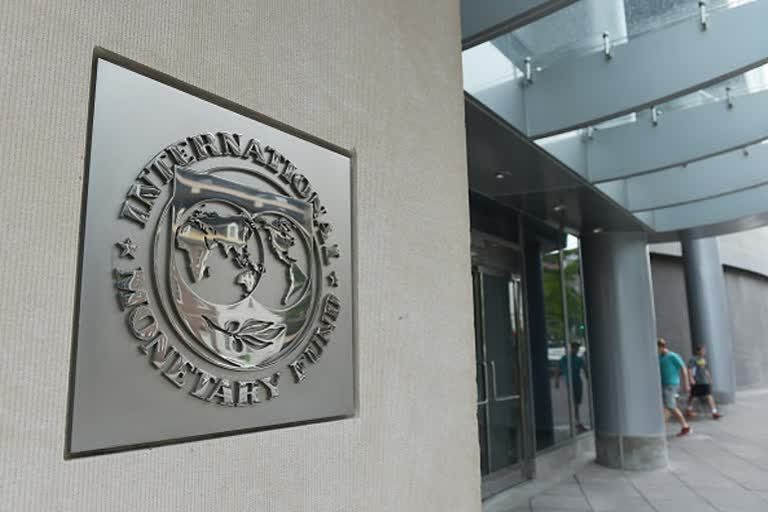Washington: The year 2020 could see the worst global economic fallout since the Great Depression in the 1930s with over 170 countries likely to experience negative per capita income growth due to the raging coronavirus pandemic, IMF Managing Director Kristalina Georgieva said on Thursday.
Georgieva made the remarks during her address on Confronting the Crisis: Priorities for the Global Economy here ahead of next week's annual Spring meeting of the International Monetary Fund (IMF) and the World Bank.
"Today, the world is confronted with a crisis like no other. COVID-19 has disrupted our social and economic order at lightning speed and on a scale that we have not seen in living memory," she said.
The virus is causing a tragic loss of life, and the lockdown needed to fight it has affected billions of people. What was normal just a few weeks ago going to school, going to work, being with family and friends is now a huge risk, she said.
Observing that the world is faced with extraordinary uncertainty about the depth and duration of this crisis, she said that it is already clear, however, that global growth will turn sharply negative in 2020.
In fact, we anticipate the worst economic fallout since the Great Depression, Georgieva said.
Just three months ago, we expected positive per capita income growth in over 160 of our member countries in 2020. Today, that number has been turned on its head: we now project that over 170 countries will experience negative per capita income growth this year, she said.
The Great Depression was the worst worldwide economic downturn that lasted for 10 years from 1929, beginning in the US when the New York Stock Exchange on Wall Street crashed and wiped out millions of investors.
The IMF chief said that given the necessary containment measures to slow the spread of the virus, the world economy is taking a substantial hit.
Read more:Industrial output stood at 4.5% in February
This is especially true for retail, hospitality, transport, and tourism. In most countries, the majority of workers are either self-employed or employed by small and medium-sized enterprises. These businesses and workers are especially exposed, she added.
